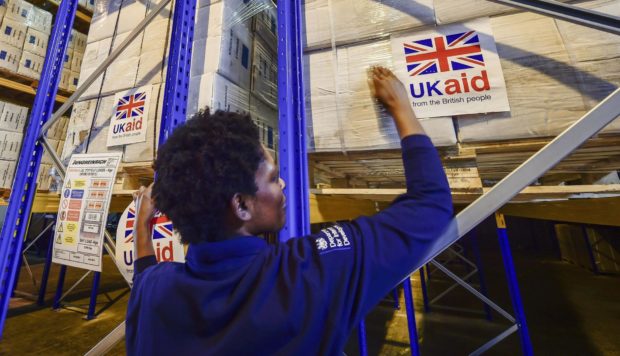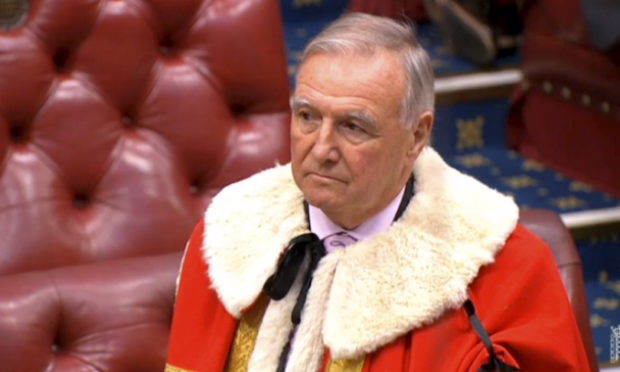Having fought two general elections in quick succession on a pledge to maintain the commitment to spend 0.7 per cent of gross national income (GNI) on official development assistance, it is unconscionable, but sadly not surprising, that the government is considering cutting the commitment by 0.2 per cent back to 0.5 per cent.
The aid budget has already been slashed by £2.9 billion this year, to take account of the recession. To cut it back further would be to remove more than £6 billion of development assistance from the world’s poor in this year alone.
What makes it even more repellent is that the government has trumpeted its commitment to increase defence spending by the same proportion from 2 per cent to 2.2 per cent. I am not against strengthening our defence capability but not paid for by the world’s poor.
There will be those who will argue that the downturn in the economy as a result of Covid-19 justifies slashing aid so that “charity can begin at home” but that begs two questions.
The first is that, on that basis, we would never have made the 0.7 per cent commitment in the first place, with overwhelming and consistent support among public and Parliament.
The second is that it is not charity. It is both a moral commitment and enlightened self-interest.
Natural disasters and conflict situations
Since the Department for International Development was established 20 years ago, the UK has acquired global leadership in delivering development assistance in sustained and cost-effective ways.
Not only have we responded quickly to natural disasters and conflict situations and saved lives. A great deal of our assistance is first aid in rapid onset crisis situations but much of the follow up is to build resilience and avoid future catastrophes.
In addition, development programmes do much more than that. The UK gives priority to raising the status and life chances of women and girls through education and health care, helping to challenge the scourges of child marriage and high levels of maternal and infant mortality.
The UK in recent years has focused attention on the needs of disabled people in developing countries who are so much more disadvantaged in poor countries.
Increasingly programmes are focused on improving livelihoods and expanding the tax base and capacity of countries to enable them to lift people out of poverty and lay the foundations of a future when we can deliver the Sustainable Development Goals.
The pandemic has convulsed the world. Yet the impact on poorer countries will be calamitous and it is not just about the pandemic and a plethora of health care challenges.
Many are struggling with debt, the impact of climate change and loss of livelihoods. All of this will require a massive international effort.
If the UK walks away now it will be to abandon our world leadership – our soft power pre-eminence and to display a mean-spirited country turning in on itself.
Cutting aid will not make disease, conflict and climate disasters go away. They will come back redoubled to our door.
Malcolm Bruce is a Liberal Democrat peer and was chairman of the International Development Committee from 2005 to 2015.


